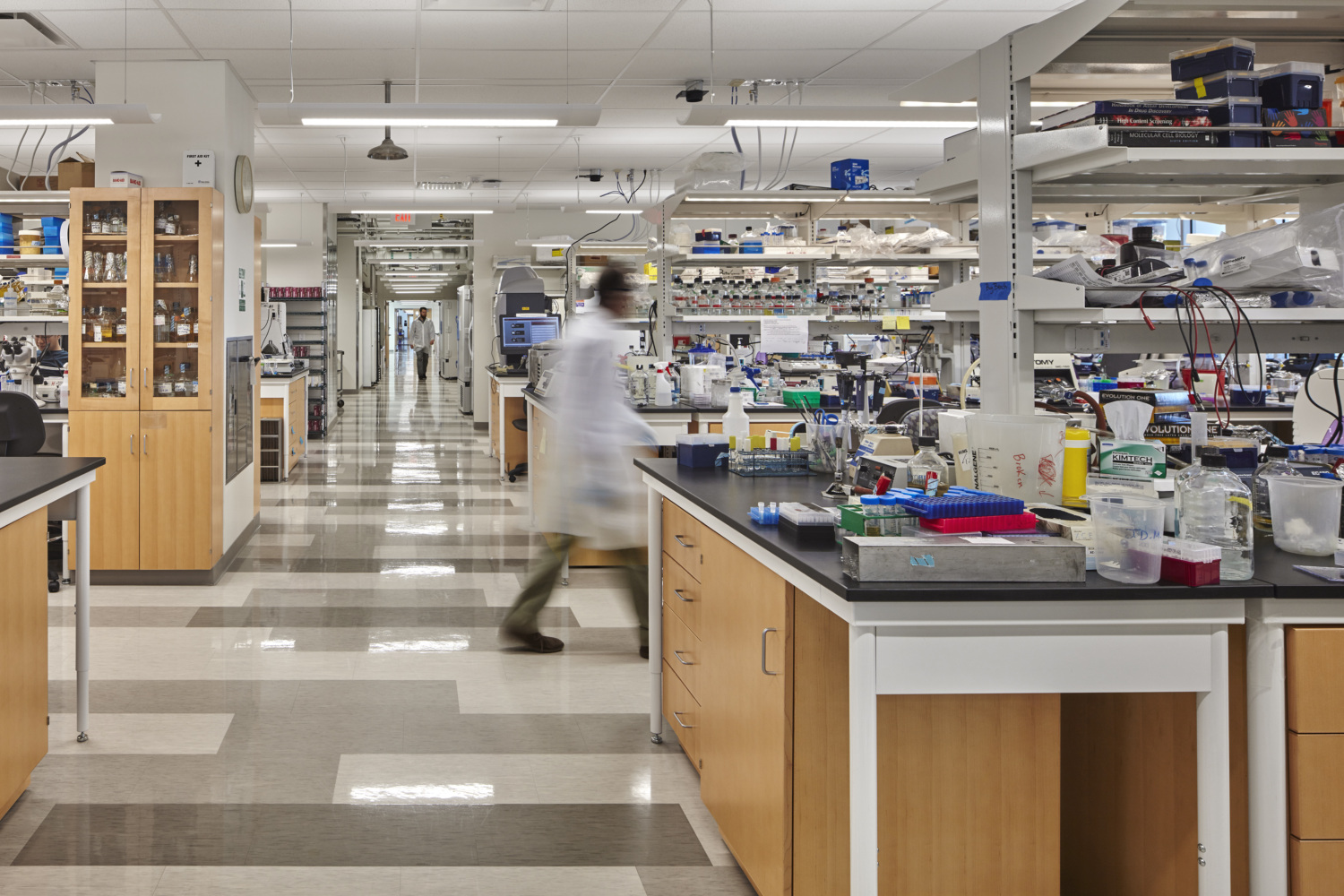Developing a Microfluidic Model of RVCL

Developing a microfluidic model of RVCL
Dr. David Hunt, M.D., Ph.D.
Retinal vasculopathy with cerebral leukoencephalopathy (RVCL) is a devastating and untreatable systemic monogenic microangiopathy caused by frameshift mutations in TREX1, a 3′-5′ DNA exonuclease. Pathogenic monoallelic mutations are restricted to the C-terminus region of TREX1 which tethers the enzyme to the endoplasmic reticulum (ER), where it plays an important role in degrading immunostimulatory nucleic acid species such as ssDNA. At a pathological level RVCL is primarily an endotheliopathy, affecting the microvascular beds of multiple organs including the brain, the eye and kidneys/liver/bone. How loss of TREX1 ER tethering causes endothelial disease is not yet established. Understanding RVCL pathogenesis requires physiological models which recapitulate the central microvascular hallmark of disease, but microangiopathy is not widely seen in Trex1 frameshift mouse models. As such there is an unmet need to develop human microvascular models of disease. Here we propose to develop a “microvasculature on-achip” model of RVCL, with an overall aim of understanding the molecular and cellular basis of RVCL, and finding treatments. Thus, we will aim to i) generate and characterize endothelial cells with RVCL mutations and ii) To establish a microfluidic system for the study of RVCL microvessels.
Developing human microfluidic systems has the potential to accelerate therapeutic discovery for RVCL by linking cellular disease phenotypes to physiological dysfunction of microvessels. As our knowledge of the cellular consequence of C-terminal TREX1 frameshift mutations increases, it is important to test candidate therapeutic interventions in a physiologically relevant system. RVCL is an ultra-rare disease with limited clinical trial opportunities, so developing stringent models for preclinical testing of candidate drugs is critically important. The development of a microfluidic model would, therefore represent a significant advance in identifying potential therapies for RVCL.
At present, there are no published microfluidic model systems based on RVCL mutations available to researchers. Our proposed project has the potential to identify therapeutic targets and also to provide a resource for the research community through the generation of RVCL mutant endothelial lines, together with optimized microfluidic approaches. All reagents and protocols will be made freely available to accelerate the wider RVCL research effort.
 Dr. David Hunt, M.D., Ph.D.
Dr. David Hunt, M.D., Ph.D.
Professor
The University of Edinburgh
Dr. David Hunt M.D., Ph.D is a Wellcome Trust Clinician Scientist and Honorary Consultant Neurologist who leads clinics and research in the field of brain inflammation. He trained in medicine at Cambridge, London and Basel. His PhD research at Cambridge University was in the field of developmental neuroscience and neuroinflammation. In 2009 he moved to Edinburgh where he completed his neurological training and established a Wellcome Trust-funded laboratory to study the molecular basis of neuroinflammatory diseases such as multiple sclerosis and lupus. He currently serves as the Chair of Neuroinflammation Medicine and runs a weekly clinic for patients with complex neuroinflammatory diseases.
David’s research group is focused on trying to identify the molecular pathways which drive inflammation. His team adopts a multidisciplinary approach, using stem cell-based models and genetic models based around neuroinflammatory diseases. His work has identified how innate immune mechanisms such as the type I interferon pathway can drive aspects of brain disease and how this might be targeted in future clinical trials. He has led the development of patient-focused clinics for the bedside-to-bench study of neuroinflammation, with particular emphasis on ‘neglected’ inflammatory disease of the brain such as lupus and RVCL.
